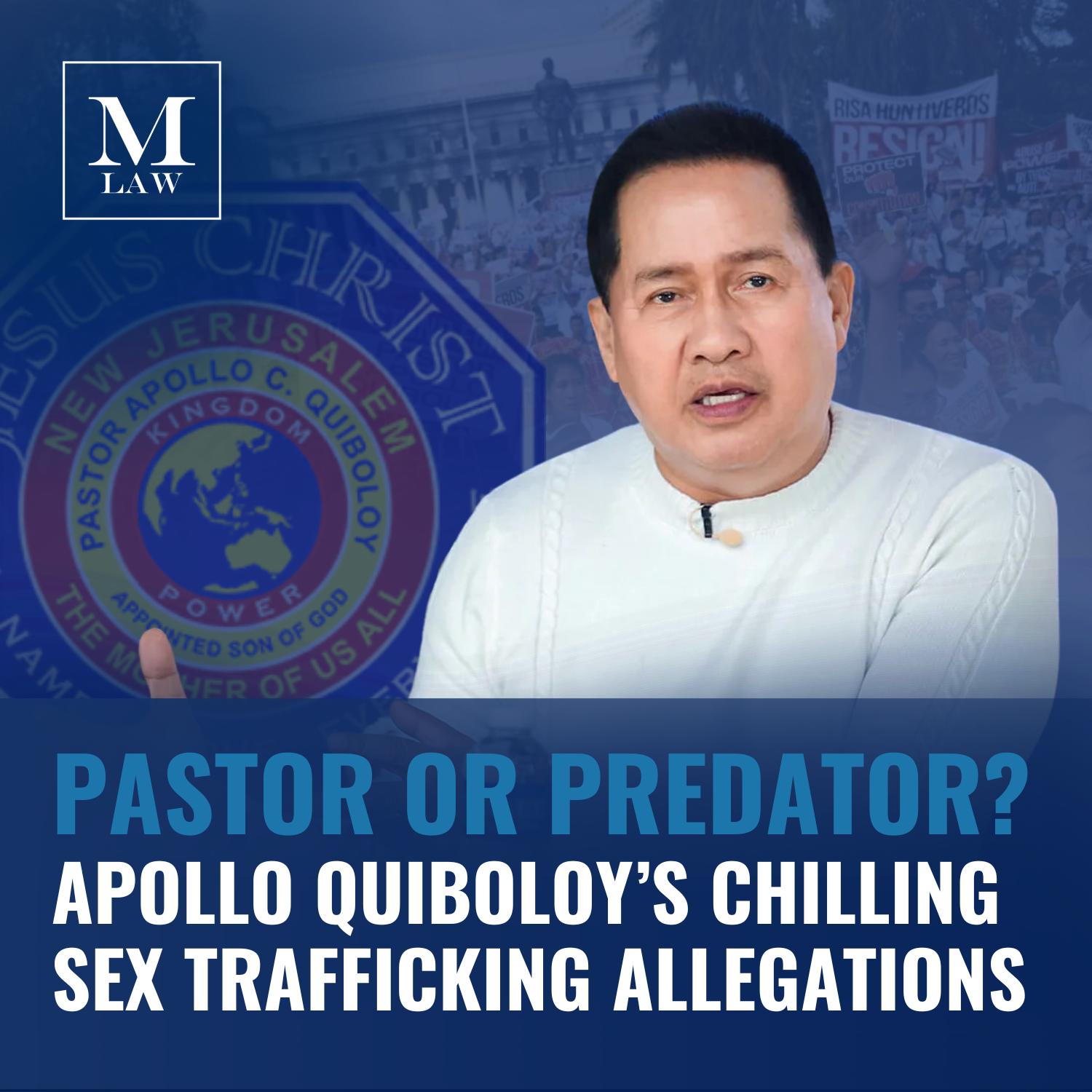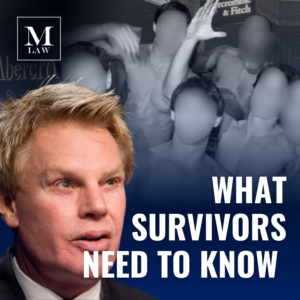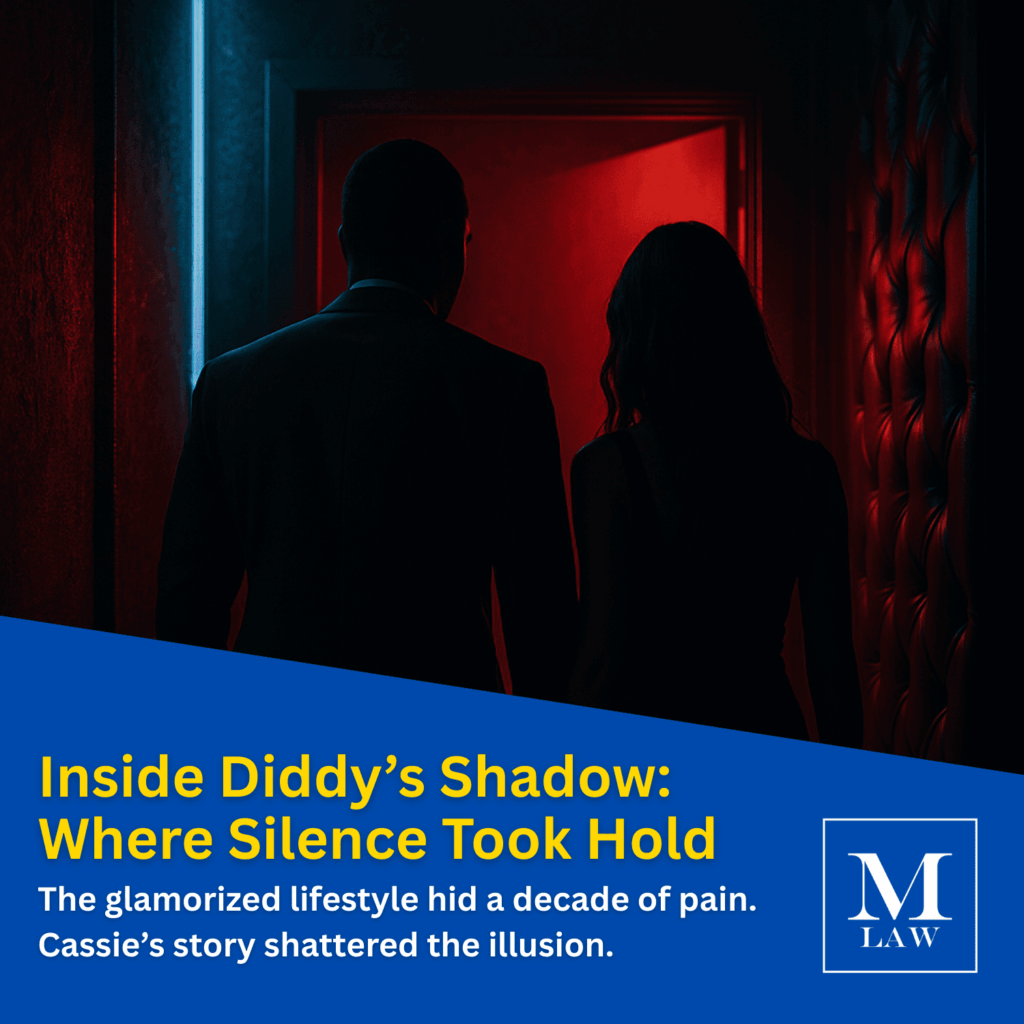Apollo Carreon Quiboloy, the self-proclaimed “Appointed Son of God” and founder of the Kingdom of Jesus Christ (KOJC), stands at the center of a complex web of sex trafficking, fraud, coercion, and money laundering charges that span across multiple countries. The high-profile pastor, who has maintained close ties with former Philippine President Rodrigo Duterte, is facing serious accusations from U.S. federal prosecutors, alongside charges in the Philippines, marking a shocking fall from grace for a man revered by millions of followers.
The Rise of Apollo Quiboloy
Apollo Quiboloy established the Kingdom of Jesus Christ in 1985 in Davao City, Philippines, starting with only a small congregation. Over the years, the church grew exponentially, claiming to have over seven million members worldwide. Quiboloy’s church became known not only for its teachings on obedience and devotion but also for the extravagant lifestyle of its leader, who often referred to himself as the “Appointed Son of God.” Quiboloy’s influence extended beyond religious circles, solidifying his status as a powerful figure in the Philippines with direct access to the corridors of political power.
Quiboloy’s church followers believe he is a divine figure sent to establish God’s Kingdom on Earth, and his messages of salvation and prosperity have drawn a global audience. His lavish lifestyle, funded by the donations of his followers, includes private jets, luxurious mansions, and international travel. However, beneath the surface of this seemingly pious life lay disturbing allegations of abuse, exploitation, and criminal enterprise.
The Allegations: Sex Trafficking and Abuse
The allegations against Quiboloy are as alarming as they are extensive. U.S. federal prosecutors have indicted him for a series of serious crimes, including conspiracy to engage in sex trafficking of children, sex trafficking by force, fraud, and coercion, and conspiracy to commit bulk cash smuggling. According to the indictment, Quiboloy and his associates ran a sophisticated sex trafficking ring that spanned from the Philippines to the United States, using his religious influence to manipulate and exploit vulnerable individuals.
From 2002 to at least 2018, young girls and women were allegedly recruited to serve as “pastorals” for Quiboloy. These pastorals were selected under the guise of working as personal assistants but were coerced into performing sexual acts under the threat of eternal damnation. Victims, some as young as 12 years old, were told that sexual servitude was a demonstration of their devotion to God’s will, with Quiboloy positioning himself as the earthly representative of divine authority. The indictment reveals that pastorals were coerced into writing commitment letters, pledging their bodies and lives to Quiboloy.
Night Duty and the Exploitation of Minors
Perhaps the most disturbing aspect of these allegations is the so-called “night duty,” where young girls were allegedly forced to engage in sexual activities with Quiboloy. These victims, manipulated by the church’s doctrine and under the psychological control of the church leaders, were subjected to routine sexual exploitation. The indictment details that pastorals were assigned to night duty on a rotational basis, effectively turning Quiboloy’s spiritual community into a network of coerced sex acts.
The survivors have recounted harrowing experiences of psychological manipulation, physical abuse, and fear of eternal damnation if they refused to comply. Quiboloy’s church leaders allegedly told the young victims that fulfilling the pastor’s sexual desires was a direct order from God, further exploiting their religious beliefs to maintain control.
Financial Exploitation and Bulk Cash Smuggling
Quiboloy’s alleged criminal activities extend beyond sex trafficking. The U.S. indictment also accuses him and his associates of operating a fraudulent charity scheme under the banner of the Children’s Joy Foundation. Workers of the church were sent to the United States on fraudulently obtained visas, tasked with soliciting donations on the streets of major cities like Los Angeles and New York. The donations, which were purportedly for impoverished children, were instead funneled into the church’s coffers to fund Quiboloy’s lavish lifestyle.
The indictment highlights a pattern of financial exploitation, where church members were pressured into soliciting funds, working long hours without proper compensation, and living in deplorable conditions. Many workers were allegedly forced into sham marriages or fraudulent visa arrangements to remain in the U.S. and continue their solicitation activities. Evidence presented by prosecutors includes ledgers, emails, and spreadsheets tracking the money collected and the immigration status of these workers.
In a particularly bold display of financial misconduct, the indictment details an incident where Quiboloy himself was caught carrying over $335,000 in cash on a private jet from California to the Philippines in 2018. This incident is part of the broader accusations of bulk cash smuggling aimed at circumventing legal financial reporting requirements.
The Church’s Response and Claims of Persecution
Despite the serious nature of the allegations, Quiboloy and his church have vehemently denied any wrongdoing, framing the accusations as a targeted attack against their religious beliefs. The church’s official stance is that their leader is being persecuted for his outspoken views and influence, particularly due to his support of former President Duterte. The church maintains that the so-called pastorals were voluntary followers, freely choosing to serve God’s appointed leader.
In the wake of the indictment, Quiboloy’s supporters have rallied around him, forming human barricades to prevent authorities from accessing his properties. The church’s media arm has been actively broadcasting messages of solidarity, portraying Quiboloy as a martyr facing unjust persecution. However, the testimonies of survivors paint a starkly different picture of life within the church.
International Implications and Potential Extradition
The case against Quiboloy is not just a legal battle but also a diplomatic one, given his high-profile status in the Philippines. His deep ties with former President Duterte and other influential figures complicate the potential for extradition to the U.S. The Philippine government, under President Ferdinand Marcos Jr., has stated that Quiboloy will first face charges in the Philippines before any potential extradition.
Legal experts speculate that the extradition process could take years, especially if Quiboloy leverages his political connections to delay proceedings. However, if extradited and convicted in the U.S., he could face life imprisonment, marking a significant legal precedent in the fight against transnational sex trafficking.
The Human Cost: Stories of Survival
Beyond the legal complexities and political drama, the most important aspect of this case is the human cost. The survivors, many of whom were manipulated from a young age, have shown immense courage in coming forward. Their testimonies have shed light on the underreported issue of religious leaders exploiting their influence for personal gain. The allegations against Quiboloy serve as a stark reminder of the vulnerability of individuals who place their faith in charismatic leaders.
The survivors are not just fighting for justice in court but also reclaiming their identities and lives after years of abuse. Organizations that support victims of trafficking and abuse have highlighted the importance of this case in raising awareness about the intersection of religion, power, and exploitation.
Conclusion: The Fight for Justice Continues
The allegations against Apollo Carreon Quiboloy are a grim reminder of the dangers posed by unchecked religious authority. As the legal proceedings unfold, the world will be watching to see whether justice will be served for the countless victims who have suffered under his control. The case is a wake-up call for governments, religious institutions, and society at large to address the systemic issues that allow such abuses to occur.
The survivors of Quiboloy’s alleged trafficking ring are not just statistics in a legal case; they are individuals whose lives have been irrevocably altered by years of abuse. Their courage in coming forward serves as a beacon of hope for other victims of religious and sexual exploitation.
This case underscores the need for stringent international cooperation in addressing transnational trafficking and holding powerful figures accountable for their actions. The journey to justice for the victims of Apollo Quiboloy is far from over, but their voices are finally being heard, demanding accountability and change.
For more information on cases like this and legal support, visit Merson Law and learn how we can help you navigate the path to justice.








